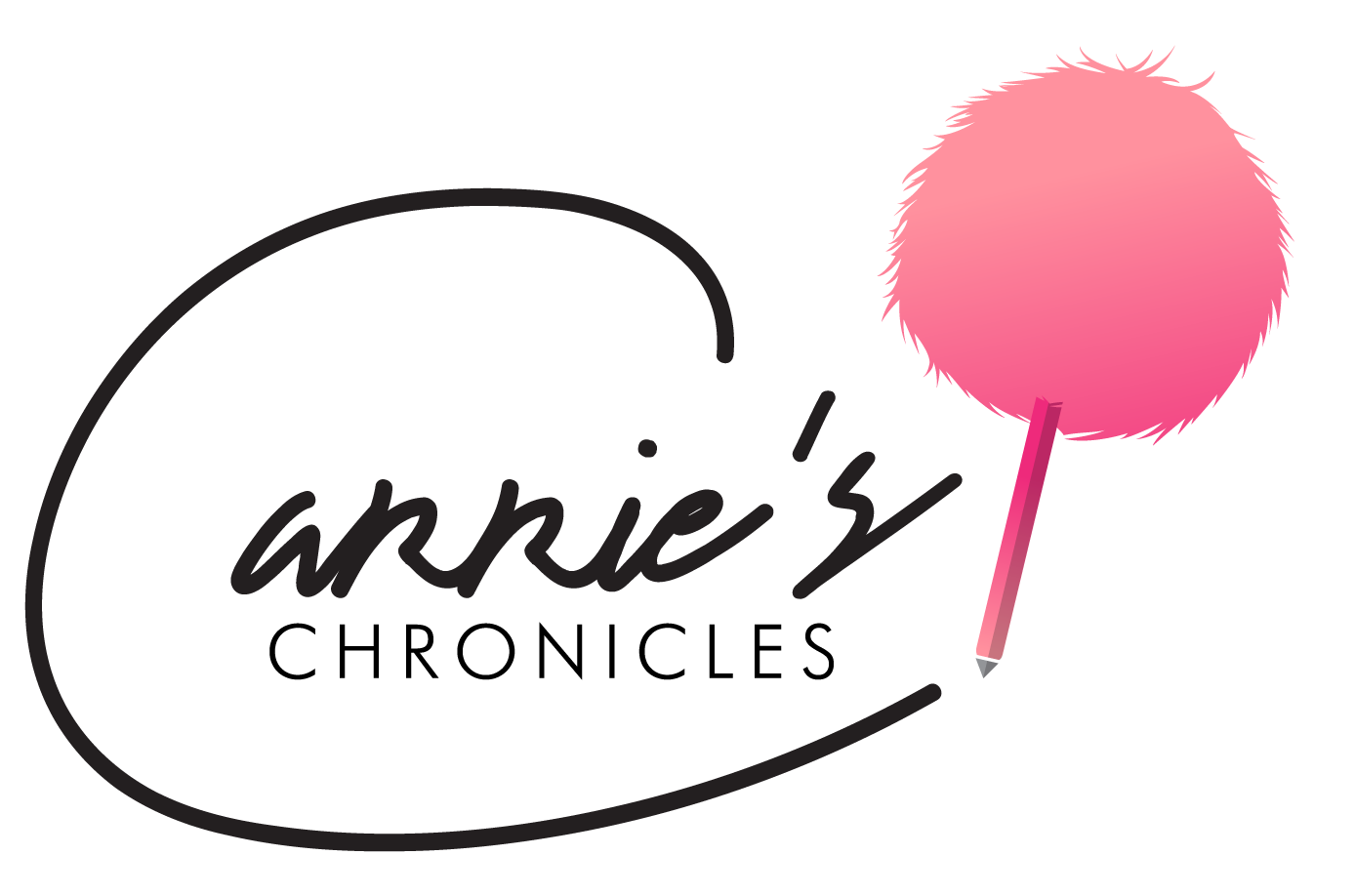Reducing Corona-Induced Anxiety
News of the coronavirus has been spreading as rapidly as the disease itself, with frequent updates seeping into and tainting our daily lives. Reports of closures, new cases, and financial statistics are dominating both face-to-face and online conversations, severing any positive correlation with the outside world. Just as the stock market has taken a historical plunge in recent weeks, chances are your mental health has taken a serious toll as well. Below, psychologists get behind the root of corona-induced anxiety and recommend specific coping mechanisms as the world tries to find its footing.
What is coronavirus?
Coronavirus, also known as COVID-19, is a respiratory disease that is easily spread amongst human beings. The virus was first identified in Wuhan, China, in December 2019, and since then has spread to Europe, Italy, Japan, the United States, and more countries across the world. People have a higher likelihood of getting the disease if they come in close contact with one who is infected (within six feet)--if one coughs, sneezes, or sweats, the bacteria may be inhaled through another person’s mouth or nose and enter the lungs. Symptoms for the virus include coughing, fever, and difficulty breathing, conditions that are manifested 2-14 days after exposure to one who is infected. Scariest of all: 134,409 people have been diagnosed with the pandemic, 4,969 people have died, and neither a cure nor a vaccine has been found.
Why are we so anxious?
The constant influx of news surrounding the virus has not only pressed pause on day-to-day activities, but it has consequently caused a significant increase in anxiety. “The anxiety we’re feeling is both good and bad,” asserts Dr. Emily Balcetis, Associate Professor of Psychology at New York University and author of Clearer, Closer, Better: How Successful People See the World. “Anxiety can motivate us to do what we need to do to protect ourselves from harm, make us vigilant for signs of illness in ourselves and others, and even remind us to wash our hands more often or be mindful of touching our faces, behaviors that increase our own risk.” On the other hand, becoming preoccupied with the fear of being diagnosed can be crippling as well. “When we let that feeling of uncontrollability take over and couple with our anxiety, a predominant psychological response is to deny our susceptibility to harm and risk. We might do even less under these circumstances to keep ourselves safe,” says Dr. Balcetis. The disease is particularly troubling for the younger generation: “Adolescents typically feel invincible, so the fear of death is triggering to them. This is a fear that one generally works through in stages, over many years, and now it's front and center for our entire population. It’s hard to seek reassurance for this terrible fear when everyone around you has the same fears,” explains licensed clinical psychologist Dr. Amy Boyers.
Should we be worried?
With newspaper headlines such as “The World Turned Upside Down” hitting stands, anxiety is inevitable--however, it’s important to assess which aspects of the situation are in and out of your control. “You can wash your hands, educate yourself about the illness, and elect to stay away from certain situations where exposure risk is greater. For the things you can’t control, you must deal with the feelings you have about them,” says Dr. Boyers. “It’s helpful to recognize when you’re thinking in terms that are too extreme and find strategies that help you feel more centered and grounded. We must accept that there is risk in life, now and always. Wishing that this reality would change or telling ourselves that we cannot accept this risk only makes it more difficult to find and use coping skills that make us feel better.”
How do we cope with this anxiety?
Although it may be tempting to stay in touch with what’s going on in the world, taking a step away from the television or internet and setting aside ‘me-time’ can be extremely beneficial to your mental health. “Basic deep breathing is always a great place to start--it will help your body feel calmer and can be a simple way to do mindfulness meditation,” Dr. Boyers recommends. “There are lots of great resources online if you’re interested in trying out guided meditation, even on YouTube. If you find your mind wandering back to your fears or concerns about the virus, work on bringing yourself back to the present moment.” Additionally, practicing gratitude for your surroundings amid these difficult times can help you reground yourself. “At the end of the day, write down or make a mental note of three things you feel grateful for,” Dr. Boyers suggests. “They don't have to be major things. They can be simple: ‘I’m grateful that I had a good conversation with my friend’ or ‘I’m grateful that my daughter helped me clean the kitchen.’” The fact that the future of coronavirus is unknown is troubling, and justifiably so. Nonetheless, amid the global chaos, we must maintain a sense of composure and have faith that the virus will soon subside--that’s the only way for us to move forward as a nation.


